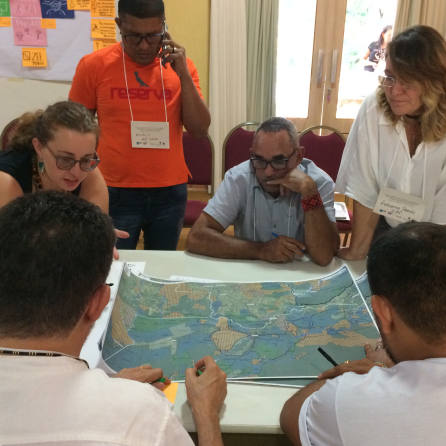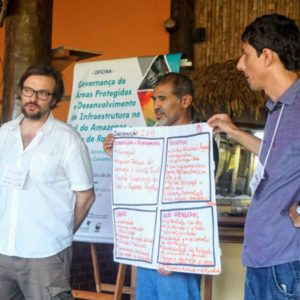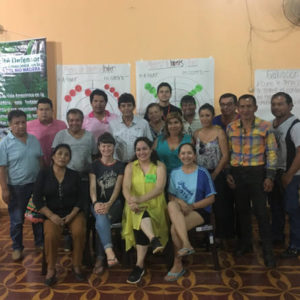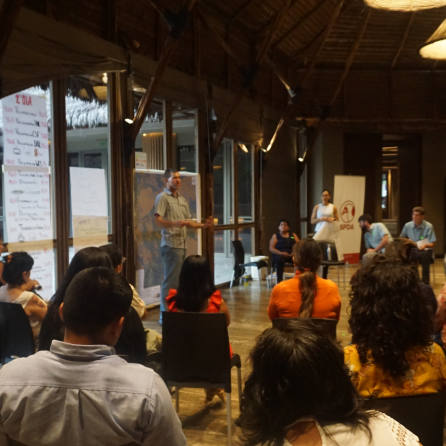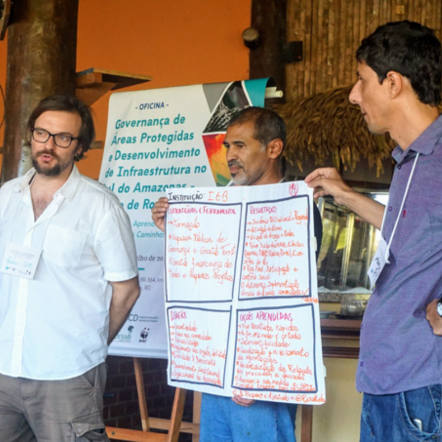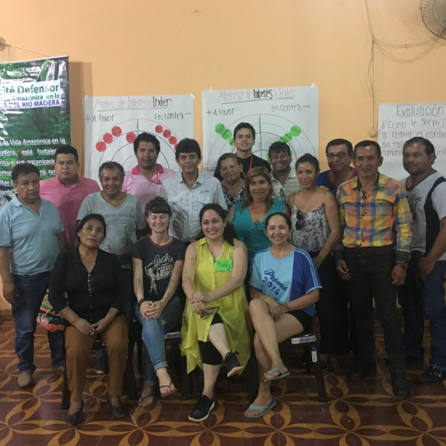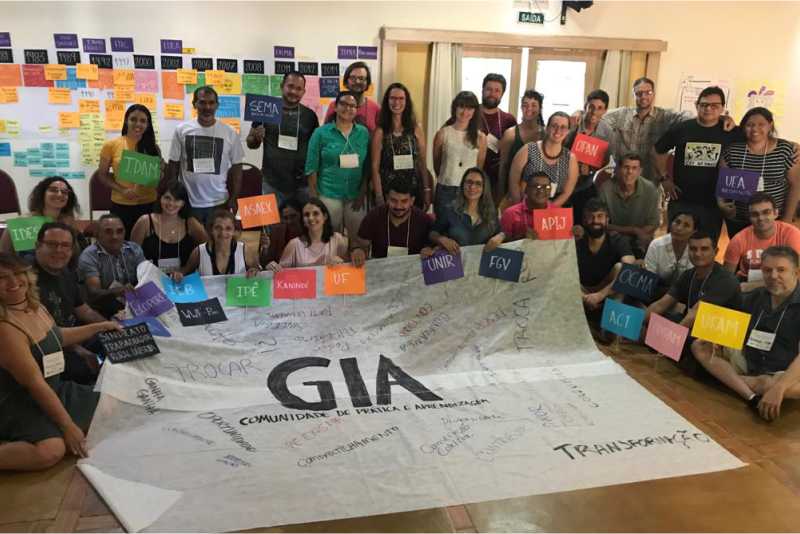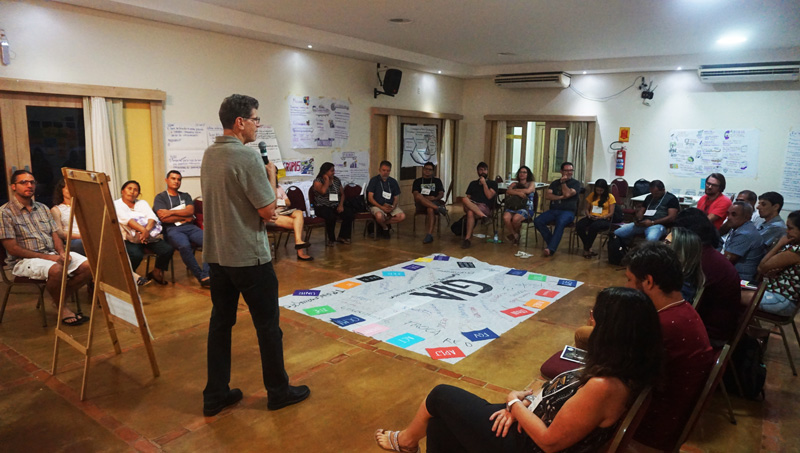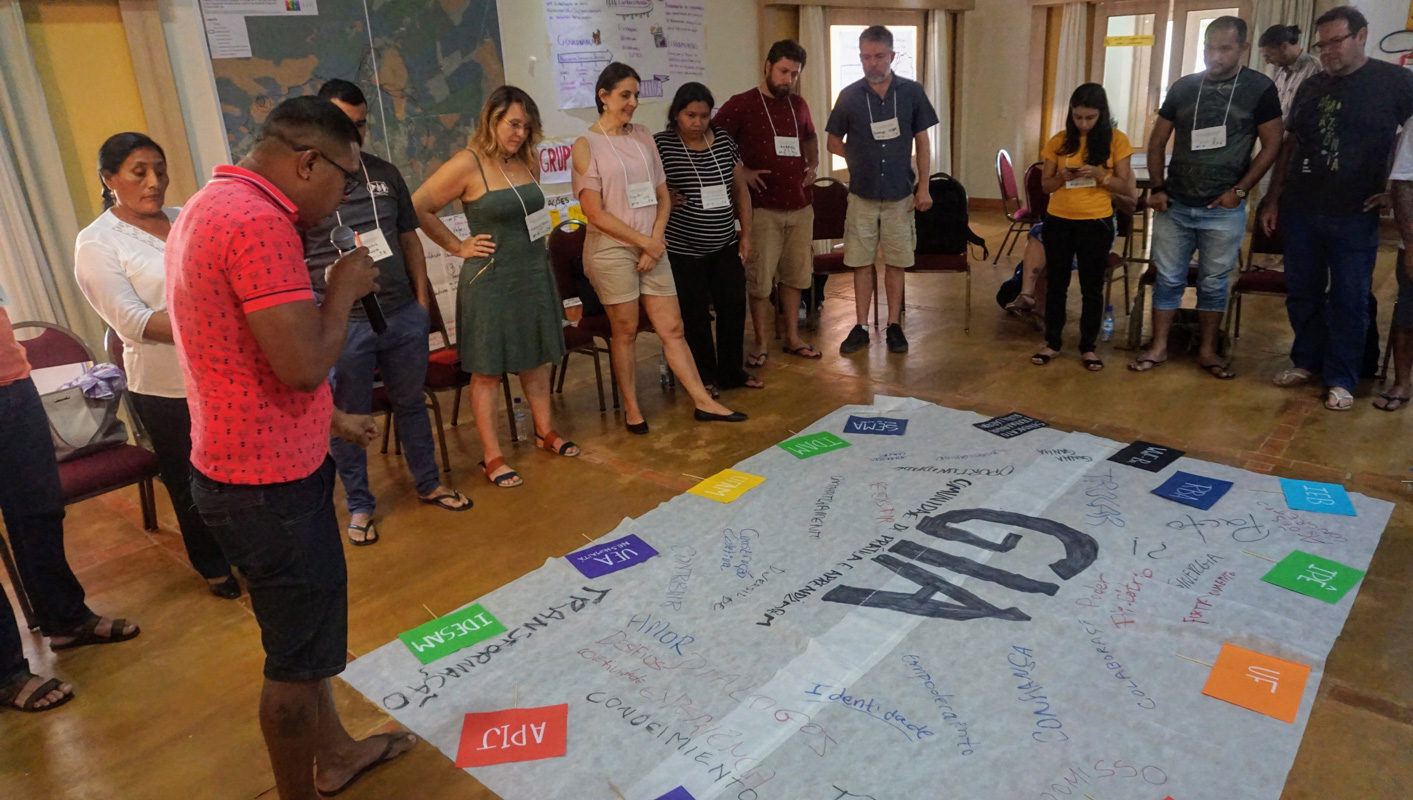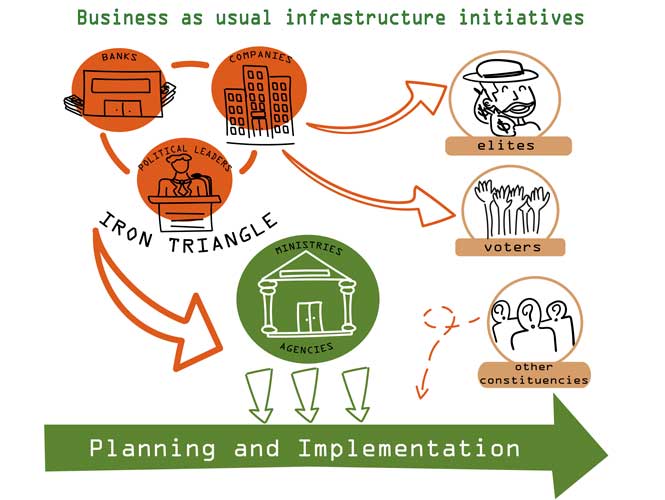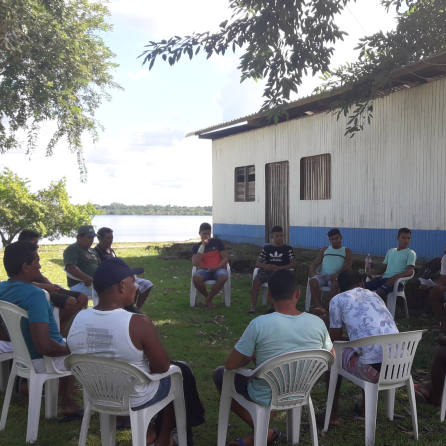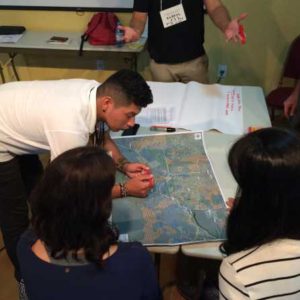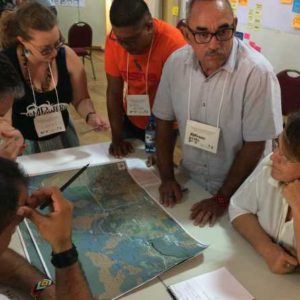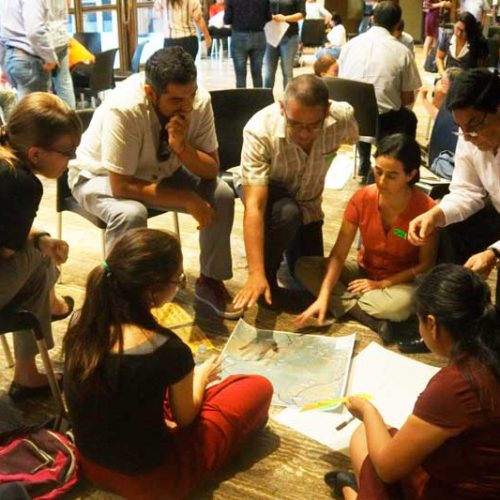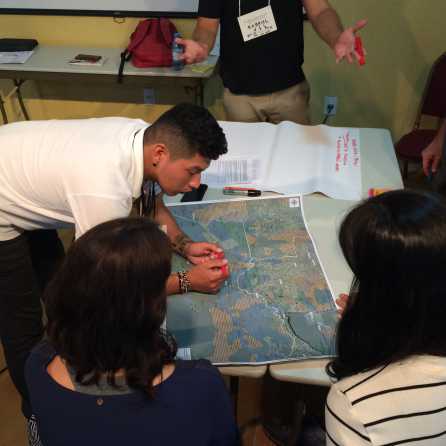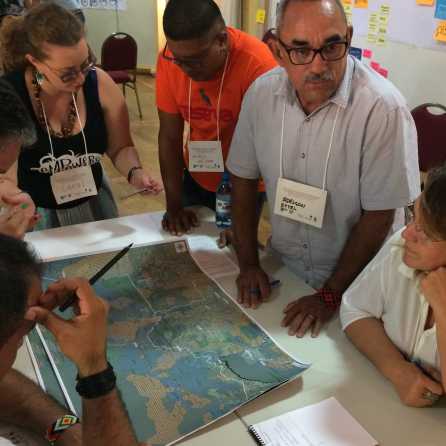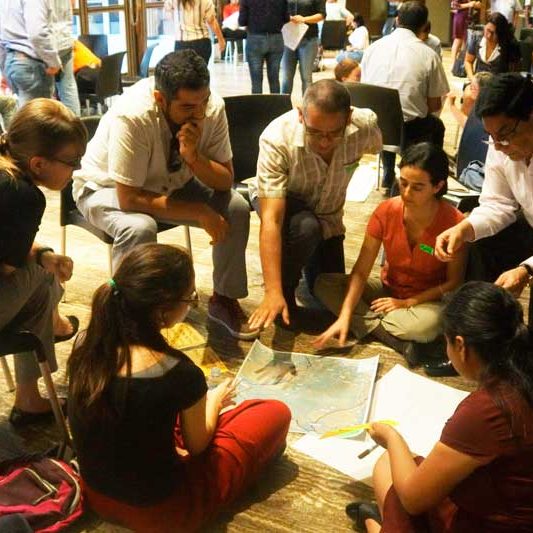Core Challenge
GIA's Objectives
The GIA project seeks to create, strengthen and expand a Community of Practice and Learning (COP-L) on the use of tools and strategies by conservation and development practitioners from NGOs, community organizations, government and academia. The GIA theory of change is that by bringing practitioners together to share experiences, reflect and dialogue, they will collaboratively learn and adapt, improve their use of tools and strategies to improve social-environmental governance, and thus be more effective at mitigating or stopping poorly planned infrastructure development.
The core challenge for governance of infrastructure projects is the power inequalities between promoters of infrastructure and other constituencies, as illustrated by this framework for understanding business-as-usual political and decision-making processes along the formulation pathway of infrastructure projects.
While government ministries and agencies may develop plans and oversee projects using technical and economic criteria, control and direction may come from an “iron triangle” of: political leaders; construction companies and other large firms; and financial agencies (international or national) that often work in collusion, including through corruption. Other constituencies, both local and national, may be co-opted to support the projects out of economic aspirations, whether well-founded or not. Projects thus develop a self-reinforcing logic based on private political and economic interests that may be impervious to social and environmental considerations, especially insofar as these are considered only due to legal requirements and come late in the process.
Check out the recorded presentation of GIA's Conceptual Framework
More About GIA's History
Please access the video on GIA presented by UF/TCD Director Dr. Bette Loiselle and GIA Coordinator Dr. Robert Buschbacher to learn more about GIA's history, first year's activities, lessons learned and current working agenda.
At the 2017 workshop, the University of Florida's Tropical Conservation and Development program (TCD), in collaboration with the Gordon and Betty Moore Foundation, convened a distinguished group of researchers and practitioners with deep knowledge and experience to assess the current paradigm of conservation and sustainable development in the Amazon, generate lessons learned from current tools and strategies for addressing Amazonian deforestation and degradation, and identify promising ways forward for collaborative action to address these persistent challenges.


